Science-based testing and certification is ‘absolutely the future’ for seafood traceability, says major aquafeed company
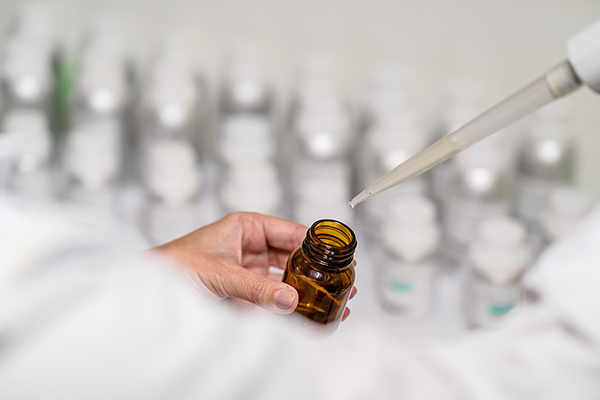
With increasing concerns about food safety, seafood fraud and illegal, unreported and unregulated fishing (or “IUU fishing”), more retailers and consumers are demanding background checks on the products they buy and sell.
This thirst for information is compelling the food industry to take up processes and technologies that enable traceability – the ability to access information about a product or ingredient throughout the supply chain via recorded identification.
“We’re seeing a huge consumer trend towards wanting this information and having access to it,” said Katherine Bryar, global marketing director of BioMar, a global leader in sustainable aquaculture feeds. “And then making choices based on ensuring that what they’re buying is delivering on the promise that they want. If you want to have a brand that the consumer can trust and they can look all the way back, then we need to be able to trace.”
With this growing trend, many seafood companies are compelled to seek solutions: From blockchain technology to data-sharing tools to certification bodies to marine sustainability programs, companies are searching for efficient, effective and reliable traceability mechanisms to better track and validate product as it moves through a complex supply chain.
But finding a solution isn’t easy. Despite rigorous auditing processes and advanced technology, traceability remains a key challenge for the seafood industry, as these mechanisms can only provide limited assurances when it comes to verifying that a product or ingredient is what it says it is. And sometimes, it fails to detect flaws in the system.
Science is changing that reality. Norway-based ORIVO has pioneered a unique science-based testing and certification service for the global feed and supplement industry. And it’s quickly changing standards of trust and transparency for food industries.
“We think that the best way to prove transparency is to actually test product with the laboratory analysis,” said Svein Erik Haugmo, ORIVO’s co-founder and CEO.
Founded in 2014, the company uses novel testing technology based on proven nuclear magnetic resonance (NMR) spectroscopy, DNA and isotopic-ratio mass spectrometry (IRMS) methodologies that can verify raw-material species and region of origin. ORIVO is the only company in the world providing this type of third-party evidence-based transparency.
“There’s not really been a proper science-based validation technology on the market that can be used for our industry,” said Bryar. “Of course, you can test for certain things, but the DNA testing takes you to a certain level.”
For example, certification bodies can provide assurances that farmed seafood is safely, responsibly and ethically produced using these methods. The auditing process evaluates specific criteria, such as production/practice sustainability, labor conditions, biodiversity/escape prevention, local environmental aspects and animal welfare.
Auditing processes have limits, however: As Bryar says, it’s based on “one point in time that may happen once a year” and hinges on everyone in the value chain “doing the right thing.”
“You are tracking a certificate,” said Bryar. “There’s a piece of paper where somebody signed and said, ‘I did the right thing.’ Well, that’s a little bit different than actually doing a DNA test to ensure it is what you thought it was on the certificate.”
There’s just so many people in the value chain where there’s more likelihood for something to go wrong.
What’s actually true
Aquaculture feed producers source raw materials for their products from all over the world, often through complex supply chains. A processor may think that they’re getting something specific, and the purchase may include verifying certificates. But without evidence-based transparency, no one can be certain that “it is what you expect it to be.” Fish farmers, consumers and retailers may perceive this reality as a risk.
“There’s just so many people in the value chain where there’s more likelihood for something to go wrong,” Bryar said. “There could easily be a situation where some bycatch ends up in the middle of a catch that cannot be seen in that way [during the auditing process]. DNA [testing] will pull out if there are any different species in there. So as far as we think that everything is okay, we cannot always be certain because we’re not on that boat. But through science, there’s no question.”
ORIVO’s technology offers what other existing traceability mechanisms currently do not: Indisputable, scientific verification. Based on laboratory testing, ORIVO provides verified origin (species and geographic origin), verified production process (organic versus non-organic) and verified specific feed formulations (algae, insect protein, etc.). This advancement could be a game-changer for the seafood industry.
“What they provide is the species of origin and that’s really important when you want to link it to fish stocks,” said Bryar. “Because that’s the biggest problem with IUU fishing or whether it comes to a certain percentage of the stock. Most of the stocks are being managed and 80 percent of our marine fish are either at capacity or overcapacity.”
Essentially, while certification bodies focus on validating the how, evidence-based transparency is about guaranteeing the what: What species is this? What is the origin? What has the fish been fed?
Can handheld DNA testing technology stand up to seafood fraud?
“It boils down to being able to confirm that whatever the product you’re talking about is whatever actually claims to be,” said Erik Fuglseth, ORIVO’s co-founder and CTO. “Consumers are caring more and more about that. But also, in the business to business: More and more are worried about IUU, unwanted species and things like that. So it’s basically confirming that what a company says is actually true.”
As Bryar explains, BioMar needs certainty not only about the fish species, but also about “where that species is migrating and their origin.” The aquafeed giant began working with ORIVO in 2015 as a research partner, recognizing that paper documentation would not be enough in the future. Now, ORIVO has collaborated with BioMar to collect data and create a database of species’ information to verify through their DNA testing methodology – a first for the industry. It could completely change how BioMar does business.
“We can move eventually to a process where [we] could be validating every shipment that comes in,” said Bryar. “BioMar could be at a position where before a shipment is accepted into our processing facility, we are testing it and allowing it to enter or not enter. That would mean that we’re down to not just the one order a year that could be [tested], [but] validation on every shipment that comes through. So then, we are absolutely guaranteed.”
Changing behavior
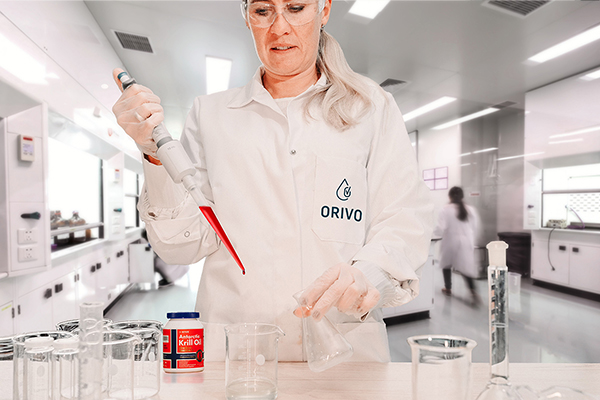
So far, the company has uncovered some “eye-opening” results from the testing scenarios, including “we are not buying what we thought we were buying.” Armed with indisputable scientific evidence, Bryar says that it’s now possible “start a dialogue” and encourage “a change of behavior” – a situation that she says would not have been possible without this type of evidence.
“What we’re also finding is that the willingness within our value chain to try solve and figure out what’s going on,” said Bryar. “That’s been very encouraging for us – to find that everybody really does want to do the right thing. And this is a way to identify what it is and start those conversations. These are complex supply chains, but we do have a way through science to make them better.”
As Fuglseth says, ORIVO is helping BioMar monitor its supply chain, not because they distrust suppliers, but because the company is taking traceability “one step further” and “raising the bar” to ensure that “nothing happens in the supply chain that shouldn’t be happening.” And going that extra step can pay off down the line.
“As much as 80 percent of consumers [in surveys] say that they want to know the origin of the products they’re consuming,” said Haugmo. “And a big portion admit that they’re willing to pay extra for products that can prove the origin.”
As an example, Haugmo points to their work with the fishmeal and fish oil industry, which he says through working with ORIVO has seen an uptick in sales as well as helped differentiated their brand from the competition. For BioMar, brand trust and responding to consumer demand are top priorities, but Bryar said “driving systemic change” is equally important.
“The biggest benefit for this planet is that we can actually manage our stocks in a better way,” said Bryar. “Sometimes, it’s not known that it’s overfished until the end of the season, or you people don’t stick to their quotas or things go wrong. So ultimately, we can know what we’re taking out, when we take it out and we can do a better job to not overfish and not to hit that maximum point. So, for fisheries management moving forward, that’s the bigger global picture of saving the oceans and the fish.”
As for next steps, Haugmo said that ORIVO would like to apply its evidence-based certification concept to seafood products and packaging, starting with frozen seafood. Furthermore, ORIVO is currently “in dialogue” with several seafood certification bodies about the potential of the technology to augment and strengthen existing certification programs.
“We are not competing against certification,” said Haugmo. “We are a complementary feature or service to existing certifications. Because we don’t say anything about sustainability or work conditions or things like that.”
“We are not here to be the police or to go after ‘the bad guys’ or those cheating,” said Fuglseth. “We want to help honest and responsible companies grow their businesses.”
Likewise, Bryar says evidence-based transparency is “absolutely the future” and BioMar plans to eventually implement routine testing into the purchasing process. But there’s also a “bigger vision beyond BioMar,” and she would like to see this testing technology implemented across the seafood industry.
“To do that, somebody has to be the first mover,” said Bryar. “Someone has to believe in it and bring it to market. And we are very lucky to have fantastic customers who are willing to support BioMar with these kinds of innovation projects.”
Follow the Advocate on Twitter @GSA_Advocate
Now that you've reached the end of the article ...
… please consider supporting GSA’s mission to advance responsible seafood practices through education, advocacy and third-party assurances. The Advocate aims to document the evolution of responsible seafood practices and share the expansive knowledge of our vast network of contributors.
By becoming a Global Seafood Alliance member, you’re ensuring that all of the pre-competitive work we do through member benefits, resources and events can continue. Individual membership costs just $50 a year.
Not a GSA member? Join us.
Author
-
Lisa Jackson
Associate Editor Lisa Jackson is a writer who lives on the lands of the Anishinaabe and Haudenosaunee nations in Dish with One Spoon territory and covers a range of food and environmental issues. Her work has been featured in Al Jazeera News, The Globe & Mail and The Toronto Star.
Tagged With
Related Posts
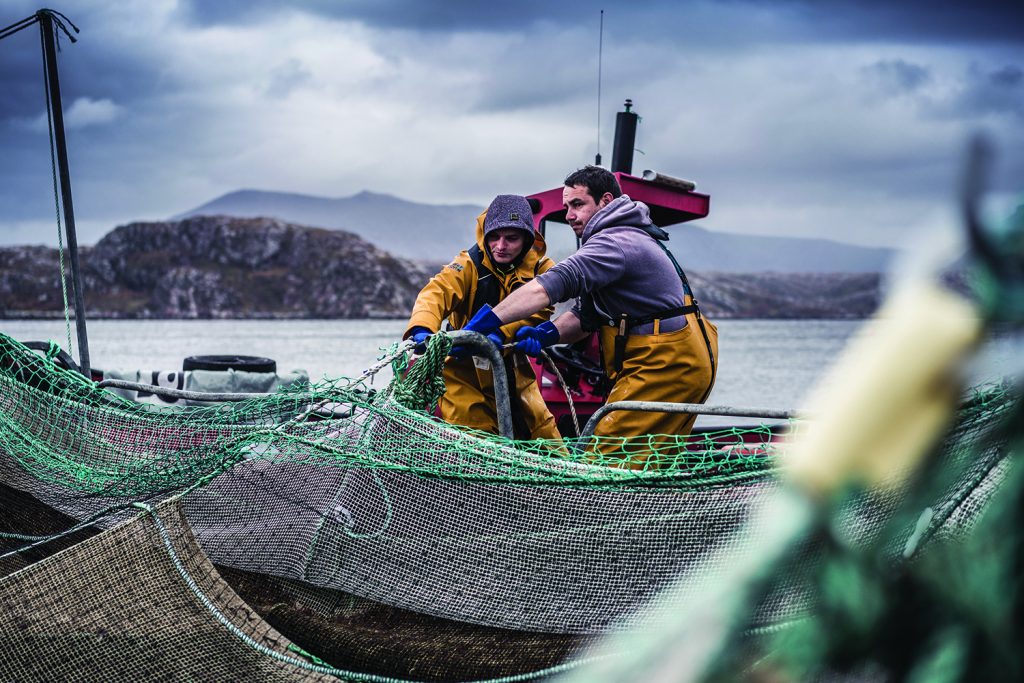
Intelligence
In the fight against seafood fraud, the technology behind trace element fingerprinting is maturing
Analysis of trace chemical elements can reveal where farmed seafood comes from. Standardization of traceability tools and techniques is improving the process.
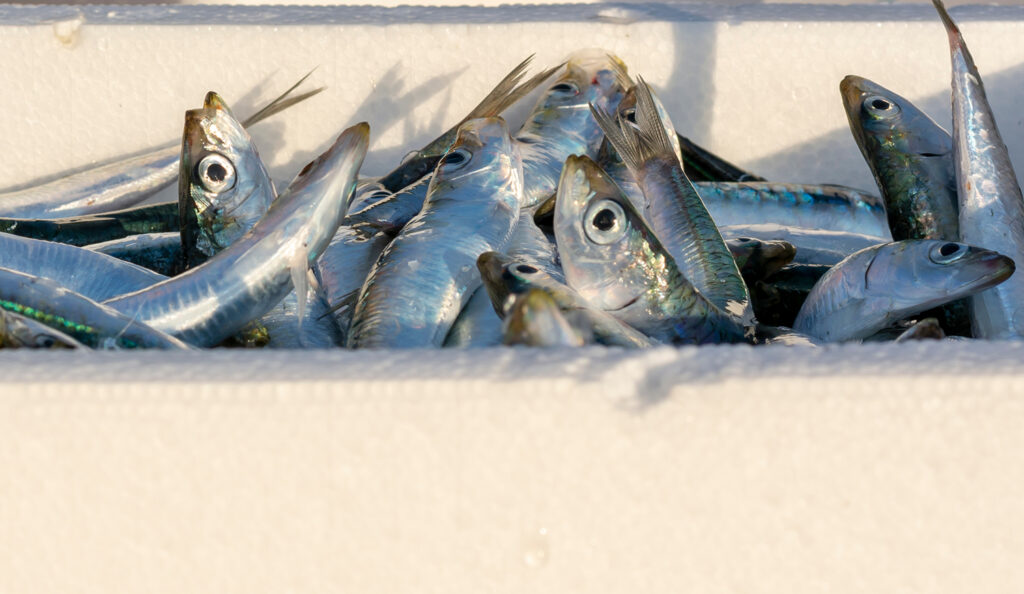
Intelligence
Will proposed FSMA traceability requirements secure or stress the seafood industry?
A proposed change to the Food Safety Modernization Act could improve traceability but be ‘burdensome’ for the seafood industry to implement.
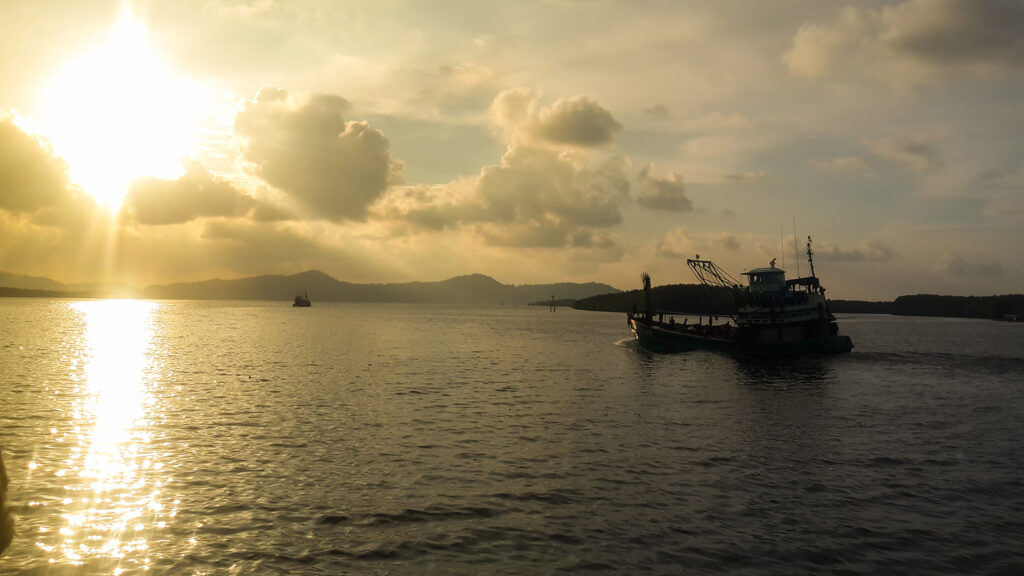
Fisheries
Can a data-sharing tool eliminate IUU fishing and make seafood supply chains more reliable?
The Sustainable Fisheries Partnership’s new data-sharing tool helps users identify environmental risks and eliminate IUU fishing in seafood supply chains.
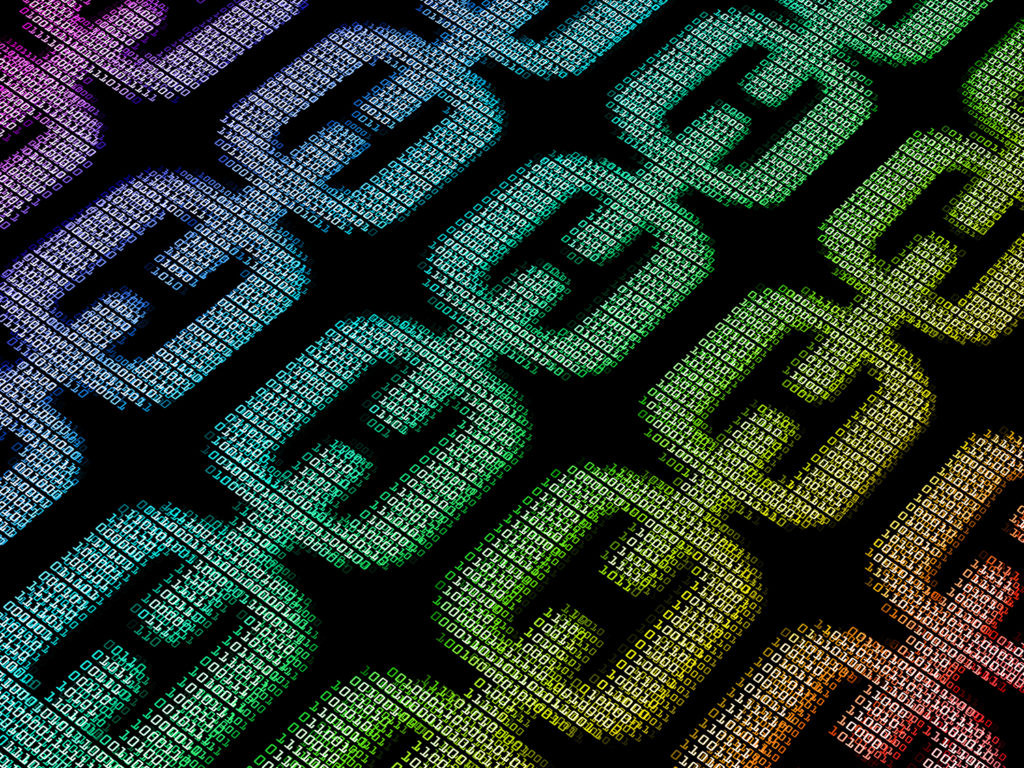
Innovation & Investment
Is aquaculture ready for the blockchain revolution?
The emerging technology, known as the foundation for cryptocurrencies, may be the trustworthy traceability tool the industry needs in a digitally driven world.



